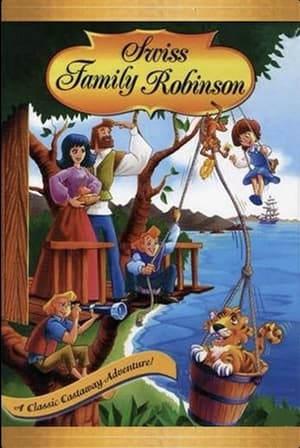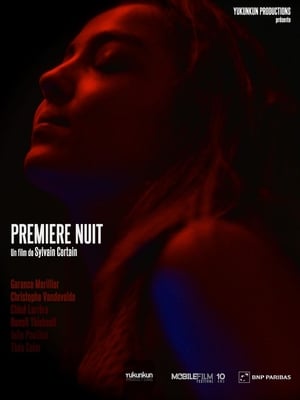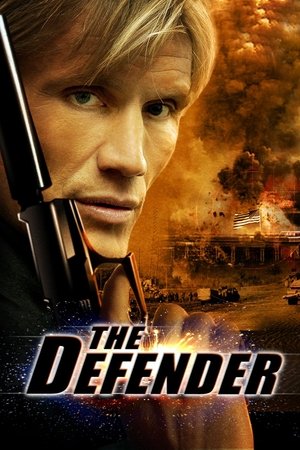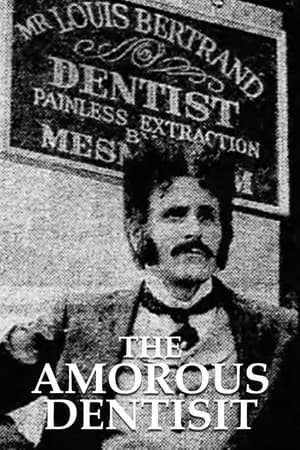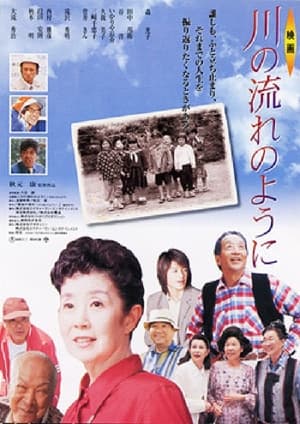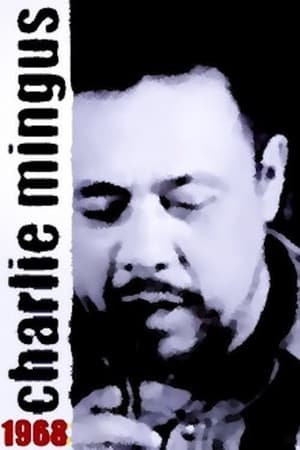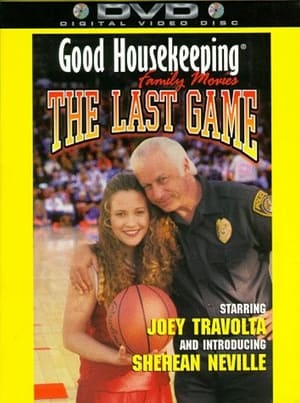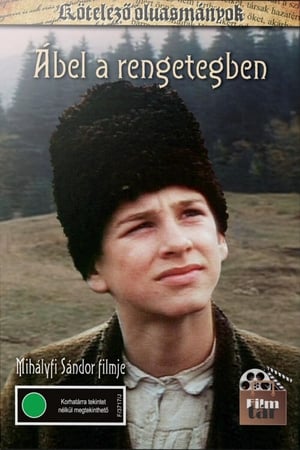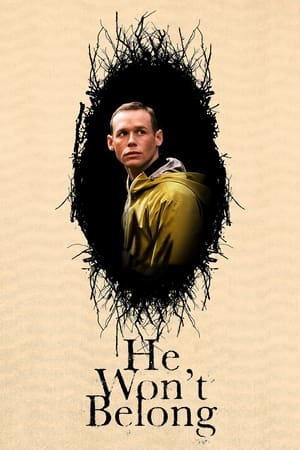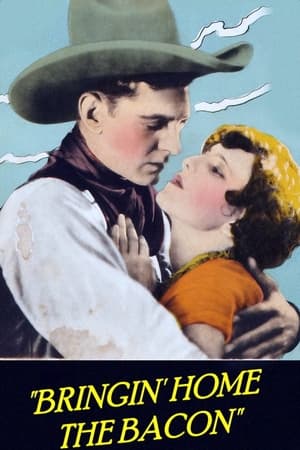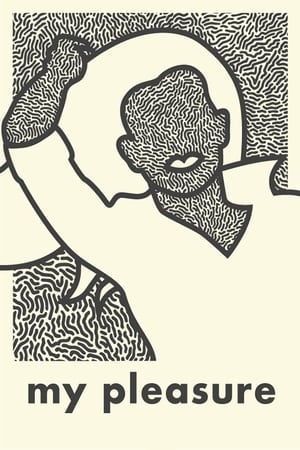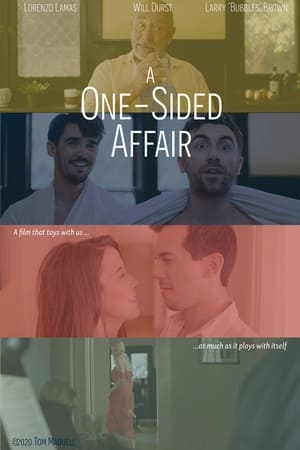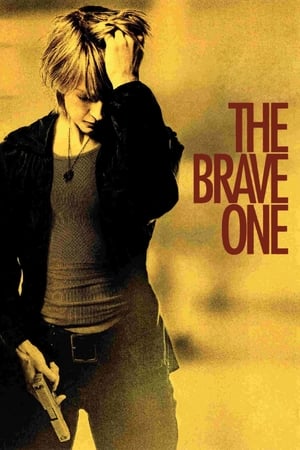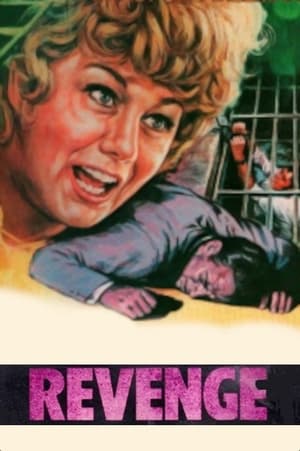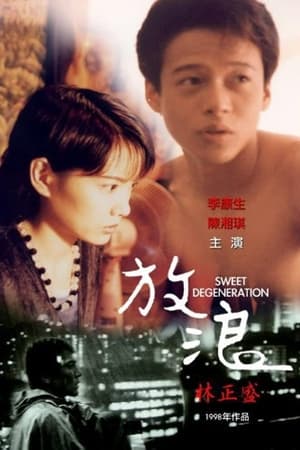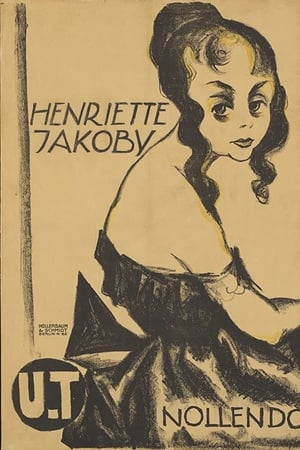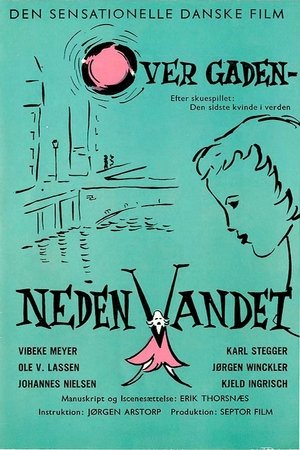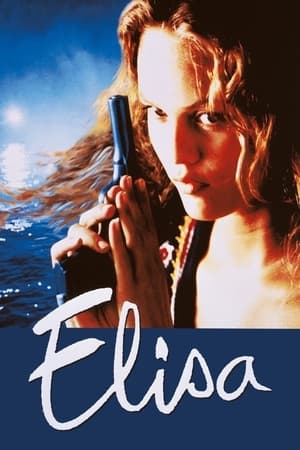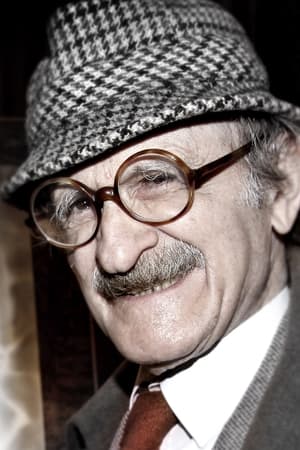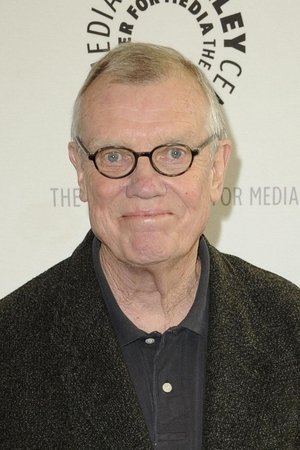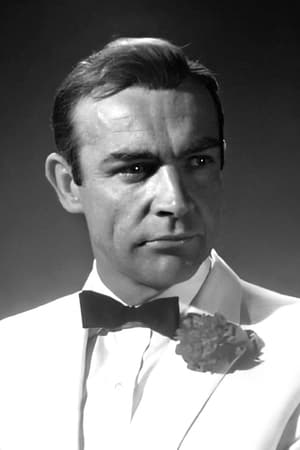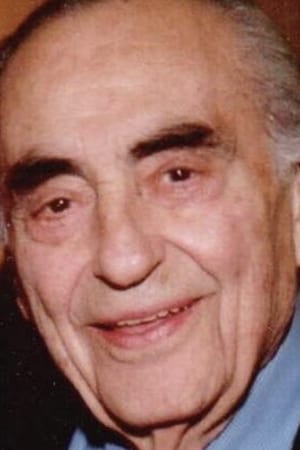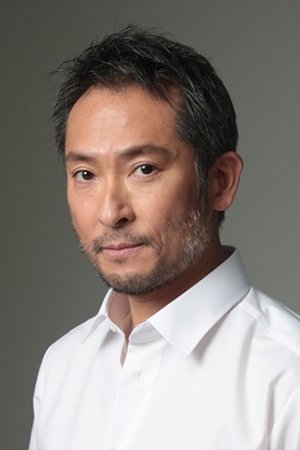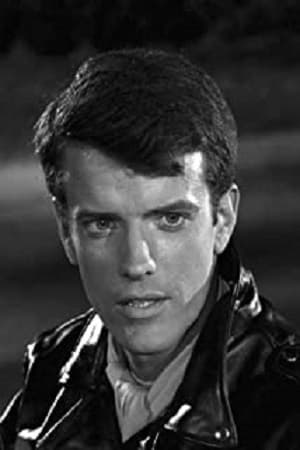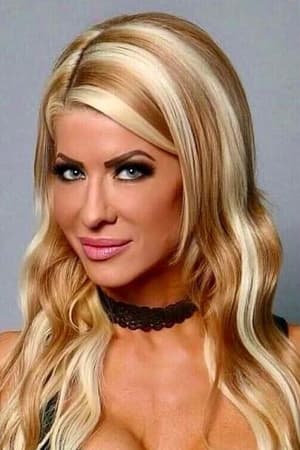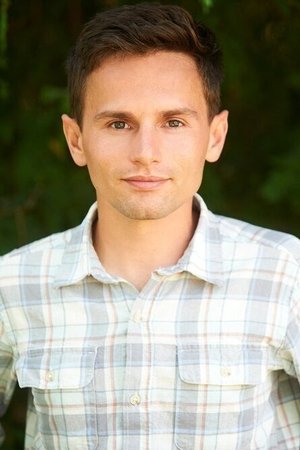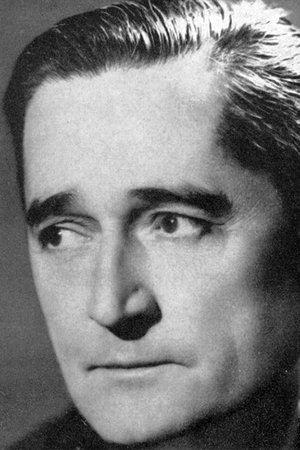Trending
Popular people
Marcel Zanini
Biography
Marcel Zanini (real name Zannini; 9 September 1923 – 18 January 2023) was a Turkish-born French jazz musician.
Zanini was born on 9 September 1923 in Istanbul, Turkey. His family arrived in Marseille in 1930 and settled there. His father was Neapolitan and his mother was Greek. He began learning the clarinet in 1942 and joined the orchestra of Leo Missir in 1946. He founded his first band in the early 1950s. He left for the United States in 1954 and has lived in New York for four years. He was the correspondent for the French magazine Jazz Hot. He returned to Marseille in 1958 and set up a new formation.
Zanini went to Paris and in 1969 Leo Missir, then artistic director of the Barclay label, suggested he do a French adaptation of the Brazilian song by Wilson Simonal, "Nem vem que não tem" under the French name "Tu veux ou tu veux pas" (You want to or you don't). It was a huge success and Zanini became famous for his little mustache, bucket hat and glasses.
Zanini continued to play in jazz clubs and festivals in Paris with his sextet. He has played with many musicians, French and American, including Georges Arvanitas and Eddy Louiss.
Zanini was the father of the author Marc-Édouard Nabe who sometimes accompanied him on guitar. He lived in Yvelines. Zanini died on 18 January 2023, at the age of 99.
Source: Article "Marcel Zanini" from Wikipedia in English, licensed under CC-BY-SA 3.0.
Read more
Hugh Wilson
Biography
Hugh Wilson (August 21, 1943 - January 14, 2018) was an American director, writer and actor. He was best known as the creator and executive producer of the TV series WKRP in Cincinnati and Frank's Place.
Hugh was a distinguished alumnus from the College of Journalism and Communications at the University of Florida in Gainesville. He was a guest professor of Media Studies at the University of Virginia.
The character of Bailey Quarters on WKRP was based on Wilson's wife.
Description above from the Wikipedia article Hugh Wilson (director), licensed under CC-BY-SA, full list of contributors on Wikipedia.
Read more
Sean Connery
Biography
Sir Thomas Sean Connery (August 25, 1930 – October 31, 2020) was a Scottish actor and producer who won an Academy Award, two BAFTA Awards (one being a BAFTA Academy Fellowship Award), and three Golden Globes, including the Cecil B. DeMille Award and a Henrietta Award.
Connery was the first actor to portray the character James Bond in film, starring in seven Bond films (every film from Dr. No to You Only Live Twice, plus Diamonds Are Forever and Never Say Never Again), between 1962 and 1983. In 1988, Connery won the Academy Award for Best Supporting Actor for his role in The Untouchables. His films also include Marnie (1964), Murder on the Orient Express (1974), The Man Who Would Be King (1975), A Bridge Too Far (1977), Highlander (1986), Indiana Jones and the Last Crusade (1989), The Hunt for Red October (1990), Dragonheart (1996), The Rock (1996), and Finding Forrester (2000).
Connery was polled in a 2004 The Sunday Herald as "The Greatest Living Scot" and in a 2011 EuroMillions survey as "Scotland's Greatest Living National Treasure". He was voted by People magazine as both the “Sexiest Man Alive" in 1989 and the "Sexiest Man of the Century” in 1999. He received a lifetime achievement award in the United States with a Kennedy Center Honor in 1999. Connery was knighted in the 2000 New Year Honours for services to film drama.
On 31 October 2020, it was announced that Connery had died at the age of 90.
Description above from the Wikipedia article Sean Connery, licensed under CC-BY-SA, full list of contributors on Wikipedia
Read more
Timothy Carey
Biography
Wikipedia:
Timothy Agoglia Carey (born March 11, 1929, Brooklyn, New York – died May 11, 1994, Los Angeles, California) was an American film and television actor.
Carey wrote, produced, directed and starred in the 1962 feature The World's Greatest Sinner which was scored by Frank Zappa. Although it did not have wide commercial release, the film has achieved cult status through repeated screenings at the "midnight movies" in Los Angeles in the 1960s. This movie established Carey as an important figure in independent film.
As an actor, Carey appeared in the Stanley Kubrick films The Killing and Paths of Glory, and in the John Cassavetes-directed films Minnie and Moskowitz and The Killing of a Chinese Bookie.
He had roles in East of Eden, The Wild One, One-Eyed Jacks and Beach Blanket Bingo. He played a minor role as the Angel of Death in the comedy film D.C. Cab, and appeared in the Monkees vehicle Head. His final appearance was in the 1986 movie Echo Park. Carey also did a select amount of acting on TV from the 1950s through the 1980s.
Carey's image appears behind George Harrison on the cover of the Beatles album Sgt Pepper's Lonely Hearts Club Band. Unfortunately, his cutout is obscured by Harrison. Outtake photos from the "Pepper" session show his full face from the movie "The Killing".
Timothy Carey died from a stroke in 1994, aged 65.
Read more
Ralph E. Winters
Biography
Ralph E. Winters (June 17, 1909 – February 26, 2004) was a Canadian-born film editor who became one of the leading figures of this field in the American industry.
After beginning on a series of B movies in the early 1940s, including several in the Dr. Kildare series, his first major film was George Cukor's Victorian chiller Gaslight (1944).
Winters won the Academy Award for Best Film Editing for King Solomon's Mines (1950) (shared with Conrad A. Nervig) and Ben-Hur (1959) (shared with John D. Dunning). He received four additional nominations: Quo Vadis (1951), Seven Brides for Seven Brothers (1954), The Great Race (1965) and Kotch (1971). Winters' other films included On the Town (1949), High Society (1956), Jailhouse Rock (1957) and The Thomas Crown Affair (1968).
Winters had a notable collaboration with director Blake Edwards. Over 20 years, they collaborated on 12 films together, including The Pink Panther (1963), The Party (1968), 10 (1979) and Victor/Victoria (1982). His last film was the pirate epic Cutthroat Island in 1995.
Winters had been elected to membership in the American Cinema Editors, and in 1991, Winters received the organization's career achievement award. His memoir, Some Cutting Remarks: Seventy Years a Film Editor, was published in 2001.
Read more
Yoshiki Kanahashi
Biography
Yoshiki Kanahashi (金橋 良樹, Kanahashi Yoshiki, born November 15, 1963) is a Japanese actor from Osaka Prefecture. He is 177 cm tall, weighs 65 kg, and has blood type A. His real name is Yoshiki Hirao (平尾 良樹, Hirao Yoshiki). He is managed by Breath.
After appearing Toho musicals, he worked as a stage actor. He later became a founding member of the theater company GINGUIS FARM, where he also worked on planning and direction. After the dissolution of the theater company in 2004, he has worked in theater, TV dramas, movies, etc. He has also worked as a dialect instructor on major works. He debuted using his real name Yoshiki Hirao as his stage name, which he kept until he changed it to Yoshiki Kanahashi in August 2005.
Read more
Lee Kinsolving
Biography
Gifted, poetic actor who never fulfilled his potential. The son of an Episcopal minister and the eldest of four, Kinsolving began acting after his first year of college. A Method actor, Kinsolving studied under Mary Welch of the famed Actors Studio in New York.
After a short turn on Broadway, he was signed by agent Richard Clayton, who had brought both James Dean and Tab Hunter to stardom. Soon, Kinsolving was appearing in various East Coast television shows, including the live presentation of Eugene O'Neill's "Ah, Wilderness!" with Helen Hayes. In 1959, Kinsolving headed for Hollywood, rooming with actor James Franciscus. After several more TV appearances in such shows as Have Gun - Will Travel (1957), Kinsolving landed his first movie role, with Alan Ladd, in 1960's All the Young Men (1960). That same year, he gave a moving performance as "Sammy Golden" in the film adaptation of William Inge's The Dark at the Top of the Stairs (1960). Kinsolving won raves and a Golden Globe nomination for Best Supporting Actor. Regrettably, Kinsolving made only one more film, The Explosive Generation (1961), before completing his brief career in TV guest roles. Nonetheless, Kinsolving brought a striking combination of sexuality, pathos and vulnerability to his work (including an outstanding performance in Route 66 (1960)). Kinsolving retired from acting in 1966, due to his personal frustrations with the business. For two years, he owned a hip restaurant-bar, "Toad Hall", in Manhattan.
After brief romances with Tuesday Weld and Candice Bergen, Kinsolving sold his bar and married in late 1969. Moving to Florida, he managed two art galleries. After divorcing his wife in 1972, Kinsolving, an avid seaman, spent the remainder of his life sailing exotic locales in his private schooner.
Sadly, Kinsolving developed a strange respiratory illness which, without warning, rendered him unconscious. On the afternoon of December 4, 1974, Kinsolving collapsed and died in his Palm Beach apartment. He was 36.
Read more
Lauren Williams
Biography
Lauren Ann Williams is a Canadian professional wrestler best known for her time with Impact Wrestling (TNA) under the ring name Angelina Love, where she has held the TNA Knockouts Championship six times, which is a TNA record. Love is also a former one-time Knockouts Tag Team Champion with Winter. She works outside of TNA under the ring name Angel Williams. Professional wrestling career Williams debuted in wrestling in 2000, working independent promotions around Canada. Her all-time favorite wrestler Shawn Michaels was her inspiration to get into wrestling. She was first a valet for various wrestlers such as Chris Sabin and Eric Young and then began to train under Rob Fuego to become a wrestler, as well. Williams briefly worked for Total Nonstop Action Wrestling (TNA) in 2004, mainly wrestling on TNA Xplosion against Trinity. World Wrestling Entertainment (2004–2007) She was working for promotions around America when World Wrestling Entertainment (WWE) spotted her, and invited her to a tryout in June 2004. In November she trained at Ohio Valley Wrestling, and WWE signed her to a developmental contract in late 2004. She was assigned to wrestle and train in Deep South Wrestling (DSW), one of WWE's developmental territories. Williams began managing Johnny Parisi in the summer of 2005. On September 8, 2005, Williams won her first match in Deep South by defeating Michelle McCool. On September 22, Williams was scheduled to wrestle against McCool, but Michelle never showed up. Instead Daisy Mae came out and challenged Williams. Williams was injured at the February 9, 2006 DSW TV Tapings, but she still managed to participate in the first ever Bikini Contest in DSW. She did not reveal her bikini because Palmer Cannon interrupted, which led to a match that featured him and Tommy Dreamer. During the match she could not physically get involved, so she walked backstage. On February 28, 2006, she underwent knee surgery in Birmingham, Alabama to repair her torn ACL. After almost seven months of rehab, she stepped back into the ring at a DSW TV taping. At the beginning of November 2006, Williams started managing The Gymini, but The Gymini were released from their contracts in January 2007. Williams then got in a feud with General Manager of DSW, Krissy Vaine, after she made Williams lose her matches due to distractions by other Deep South Divas. At one point Williams had enough and even attacked Vaine in her office. At the March 15, 2007 Deep South TV Tapings Williams aligned herself again with Vaine and was promoted the Co-GM of Deep South Wrestling. When Deep South Wrestling shut down in April, Williams was moved to Ohio Valley Wrestling. Williams made her Ohio Valley Wrestling debut in a dark match at the May 16, 2007 television taping in Louisville, Kentucky, defeating Serena. She was released from her developmental contract one day later.
Read more
Brendan Prost
Biography
Brendan started his creative career as an actor when he was a child, transitioned to filmmaking in his teens, and has since become known principally as the unabashedly personal young auteur behind four feature films: Generation Why (Rising Star Award Winner at the Canada International Film Festival - 2010); Choch (“one of the intriguing and involving low-budget indies to cross my desk in 2011” – The Independent Critic); Spaces and Reservations (“a grounded and thought provoking look at modern love” - FilmPulse.net); and the recently completed Sensitive Parts.
Brendan’s directing credits also include a diverse set of short films on a variety of formats, including an improvised act of self-interrogation entitled Best Friends For Life (Official Selection - Montreal World Film Festival), and his SFU grad film Getting There (Official Selection - Calgary International Film Festival). Brendan's films are characterized by their evocative, earnest spirit and particular emphasis on character.
Originally from Calgary, Brendan graduated with distinction from Simon Fraser University’s School for the Contemporary Arts in Vancouver. He was recently a resident in the Directors’ Lab at the Canadian Film Centre in Toronto, where he was developing his fifth feature film, Adults.
Read more
André Baugé
Biography
André Gaston Baugé (4 January 1893, Toulouse - 25 May 1966, Clichy-la-Garenne) was a French baritone, active in opera and operetta, who also appeared in films in the 1930s.
The son of Alphonse Baugé, a vocal teacher, and Anna Tariol-Baugé a soprano active in operetta, he studied with his parents and appeared in the French provinces billed as André Grilland.
He made his debut at the Paris Opéra-Comique as Frédéric in Lakmé in 1917. A pensionnaire at the Opéra-Comique until 1925, he appeared as Clément Marot in La Basoche, Sylvanus in Au Beau Jardin de France, Figaro in Le Barbier de Séville, Escamillo in Carmen, Alfio in Cavalleria Rusticana, Don Giovanni, Clavaroche in Fortunio, Lescaut in Manon, the title role in Mârouf, savetier du Caire, Ourrias in Mireille, Jean in Les noces de Jeannette, Silvio in Paillasse, Pelléas, d’Orbel in La Traviata, Marcel in La boheme, and Albert in Werther. He sang in the first performances at the Salle Favart of Béatrice, Masques et Bergamasques and Véronique., and in 1925 at the Opéra played Germont in Traviata and the title role in Mârouf, having been heard as Escamillo also in Monte Carlo the previous year.
In 1925 he sang in the French premiere of Monsieur Beaucaire and moved into the field of comédie musicale and Viennese operetta. A succession of appearances in that genre followed: Venise (alongside his mother) in 1927, Paganini in 1928, Vouvray in 1929 (for which he wrote the text), Le Clown amoureux in 1929, Robert le Pirate in 1929, Cinésonor in 1930 (also writing the text), Nina-Rosa in 1931, Valses de Vienne in 1933, Au temps des Merveilleuses in 1934, Au soleil du Mexique in 1935 and Le Chant du tzigane in 1937.
On film he appeared in La Route est belle, one of the first films with sound (1929–1930, music by Szulc) and other films up to 1935 when he returned to the theatre. As well as contributing to the books of several productions (Vouvray, Cinésonor) he designed the cover for the score of Venise by Richepin. He was for a time the director of the Trianon-Lyrique in Paris.
He was the author of the libretto of an opéra-bouffe in three acts entitled tableaux Beaumarchais, using Rossini's music arranged by Eugène Cools (1877-1936), which was premiered at the Théâtre des Variétés in Marseille in 1931. After the war he taught at the École Normale, returning to the theatre in 1958 as Johann Strauss senior in Valses de Vienne. He left recordings of songs from many of his roles, and some of these have been re-issued on CD.
His wife was the singer Suzanna Laydeker (who also appeared as Laydeker-Baugé and died in 1980).
Source: Article "André Baugé" from Wikipedia in English, licensed under CC-BY-SA 3.0.
Read more

